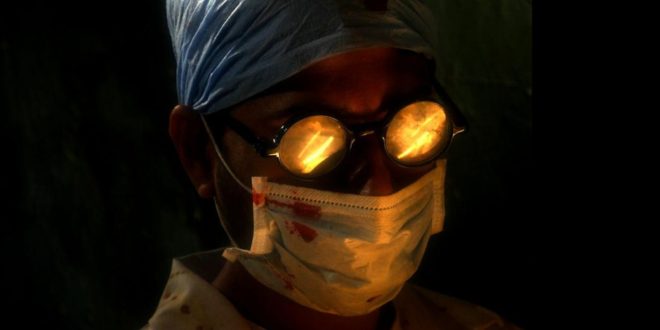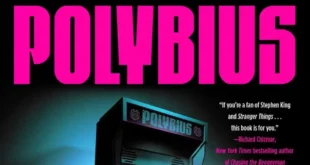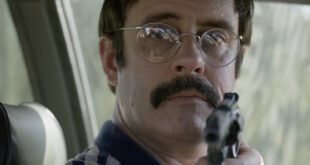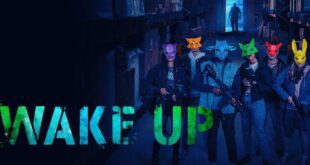Phil Tippett has contributed more to the magic found in movies than he gets recognition for. A true wizard behind the curtain, Tippett first became enthralled with the worlds of stop-motion and creature creation thanks to the works of Ray Harryhausen, but his own innate abilities would prove to be monumental. Over time, he designed dinosaurs for Jurassic Park, attached his creative strategies to Star Wars for the AT-AT Imperial Walkers, the infamous Rancor, and even Jabba the Hutt himself. Let’s not forget his work on Robocop.
With a resume listing mind-boggling, award-winning achievements like this, it’s hard to imagine Phil Tippett had much spare time, but when he did, he dedicated much of it to his own personal project, Mad God – a maniacal stop-motion descent into hell. Within the rare time found between blockbusters, he tinkered patiently on what he would later patent as his personal passion project. You can read him school me on what the word “passion” means below, along with a wealth of incredible wisdom only found in the profound genius that created Mad God (2021 – our review).
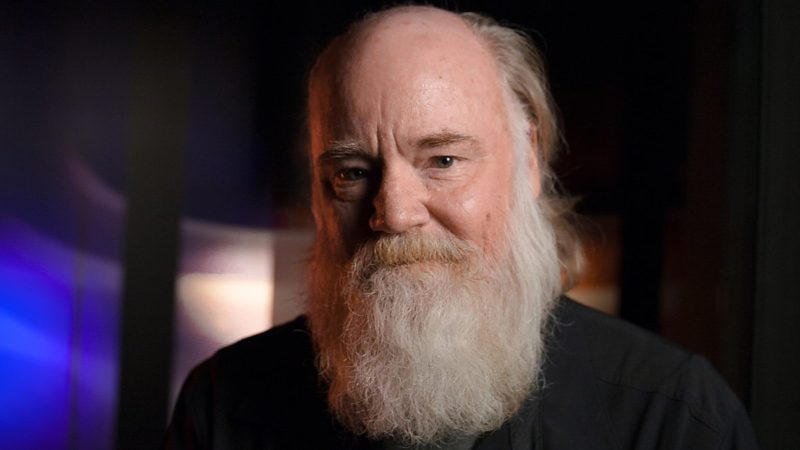
PopHorror: Taking over three decades to complete, the dedication and passion needed to complete this project is mind boggling. Did you ever have any moments of doubt, second thoughts, or became discouraged?
Phil Tippettt: Interesting that you used the word “passion.” That’s a very misused word. One of my mentors was Ray Bradbury back in the day, and I sought mentors out right and left. I would just go wherever they were and try to learn from them. Fortunately, most of them were in the LA/Hollywood area. I lived in southern California, so they were really easy to access, so I was really lucky that way. I was working on a short film through some other guy, a 16mm film based on a Ray Bradbury story called A Sound of Thunder. Ray was talking at a local college, and I went to see him, and I showed him some information and pictures from the script of this short film we were working on. And he wrote back and it started a long conversation.
In his pitches—essentially, they were sermons—he would say, “You have to decide what you love and you have to do that, because if you follow what you love, whatever happens, you’ll be in a better place than if you took some fallback position and then never.” And so we orbited that for a while. We were corresponding for quite a while through written letters, by the way. Nothing else existed. Nomenclature over the years changed in regard to how people thought about things like falling in love with writing a book or making a movie. The nomenclature changed in the ’70s and ’80s to follow your bliss. There were a bunch of follow your whatever. And then, of course, follow your passion.
And so I looked up the word “passion,” and it comes from the Latin word pati, which means to suffer like Christ. And that’s the proper use of the word. Because if you’re going to get into any of this kind of shit, you’ve got to be prepared to eat it and suffer. And you do. You just have to. That’s the territory. It’s like if you’re going to go into the jungle, you’ve got to take a machete to chop the plants and shoot the wild animals that are trying to eat you. It’s sort of like that.
PopHorror: Thank you. Thank you for that. You had a talented team behind you. You also had a lot of volunteers. To gain inspiration for this, I know you said you did a lot of homework over a long time reading books, studying architecture. Did you share any of what inspired you with your team to help them be on the same page?
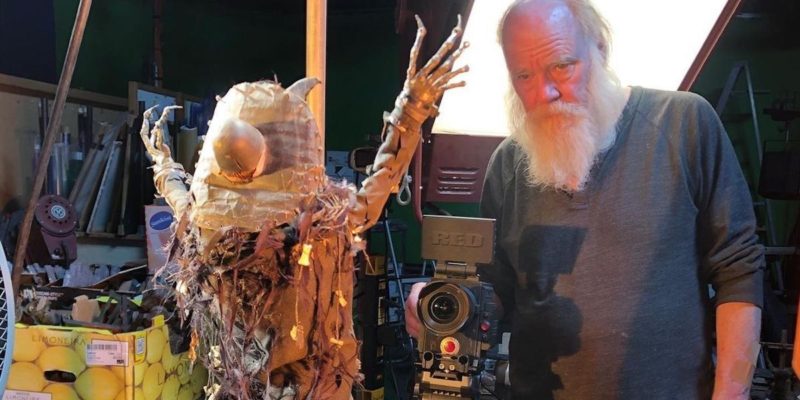
Phil Tippett: Oh, yeah. All the time, because everything was a reference to me. The one that pops into my head is there’s these characters called The Shipmen which are these little. diminutive characters that I cast in foam rubber. I pulled all the cat hair from my vacuum at home and glued it on to these stop motion puppets so that when the animators touched it, you would see all of the cat hair. I wasn’t afraid of anything looking fake at all. I wanted to embrace it. Like I’m not going to trick anybody. This is all fake. Can’t you see it? It’s like a carnival show. This is not realistic. And it turned out to be the right move, because even though you do things that you feel are kind of substandard, once they all come together in an idea, they no longer feel substandard, you know? A screaming little worm baby takes on its own dimensions.
PopHorror: Yeah, this movie was very creepy. I was mesmerized with it from the word “go.” To me, one of the key elements was the sound design.
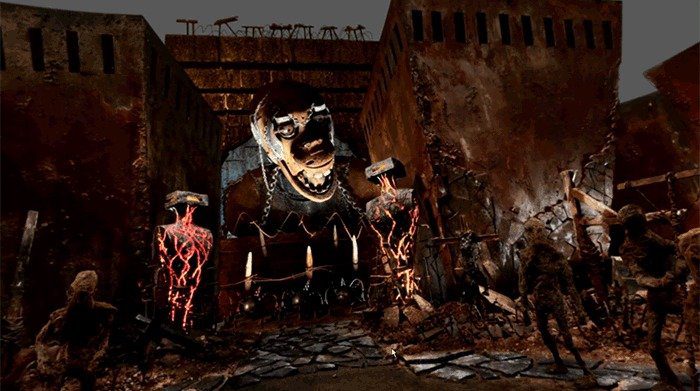
Phil Tippett: Oh God, yeah! The sound, music! And I was so lucky. I met sound designer Richard Beggs and composer Dan Wool through a mutual friend, Alex Cox.
PopHorror: Who stars in it, right?
Phil Tippett: In the movie, yeah. He is one of the lead actors. My studio was helping Alex on some of his low budgets. So is Jon Davison, the producer of Robocop and Starship Troopers. I wouldn’t call it a clique, but it was like we’d all found each other. We all had the same kind of art education and could speak the same language. And they saw it as a unique project. They weren’t getting paid when they worked on it. I think both of them came on around 2008. I think we rebooted everything around 2012, so they’d been on for quite a while. And the movie wouldn’t be the same. I’ll go in and spot with them and generally not say anything about music. What we did was what I didn’t want to do with the score.
I did not want to have a temp track and get into that old Hollywood trap of cutting the music to a temp track because you don’t have the original score, and then the composer goes in and it just fucks everything up. Movies are made that way, but a lot of crap is made that way. Most famous story being Alex North’s score for 2001 that Kubrick didn’t use and didn’t even tell him.
Yeah, it was just luck. When I would go and see the sections that they had done, and they usually did it like a big chunk. We did it in chapters. And so they would build, you know, say the first three chapters. We’d go into a really nice theater with good sound and projection and look at it, and it was a different movie. It’s always that way when the sound and music goes on. Holy, it changes everything. It’s like seeing the movie for the first time, really what its potential is. That’s always very exciting.
PopHorror: I was thoroughly impressed with it, but obviously you can see around me. I’m through and through a horror fan. I was equally as impressed with your gore.
Phil Tippett: I always thought it was more sideshow, freak show type of stuff.
PopHorror: It reminded me a little bit of how over the top Japanese horror is. But you’ve had such an illustrious career and Mad God is completed. You’re having a really successful festival run. People are really digging your movie. Are you validated to see fellow genre fans thoroughly enjoying your work?
Phil Tippett: Anybody that’s willing to watch it, I mean…
PopHorror: I’m hoping other audiences get a chance to check this out in the theater.
Phil Tippett: That’s only the way to really look at it. You guys get the screeners and whatnot, but yeah, big screen is the way to go. That’s how it was built.
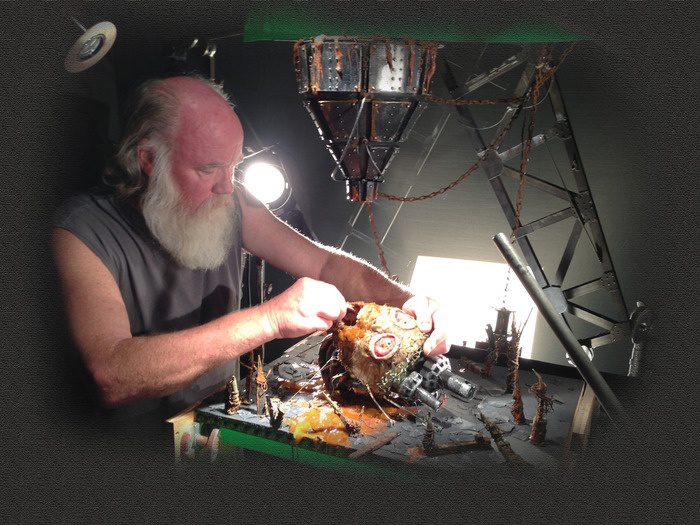
PopHorror: If you can program a double feature at your local Drive-In, what two films make your bill?
Phil Tippett: That’s a ridiculous question! (laughs) I don’t know. Choose anything by Ed Wood. Glen or Glenda is one of my favorites. There’s also Robot Monster. Oh, God. There are countless movies from the ’50s that are wonderful.
Now, to actually play into this. There is a lot of potentially serious stuff, but it’s all so ridiculous and over the top. Once you get into that role, you just start thinking of more and more stuff you can do. Certainly I was influenced by… I mean, I grew up eating up those movies from the ’50s and the ’60s. I’d go to kiddie matinees for a quarter and just watch all the horror movies as a kid. That was a great education.
And you know, I came to love those movies. I became a filmmaker at some point, and those films were terrible, and then after a while, you come around. It’s just reaction. It’s like what young people do. The way I feel about Hollywood right now, I felt about those movies back then. But, you know, in time it becomes nostalgic. Kind of sweet, in a way, to watch these outlandish movies. So they definitely figured into Mad God, like everything unconsciously did. They’re just part of experience. I can see the way they wiggle their way in. I never think about it.
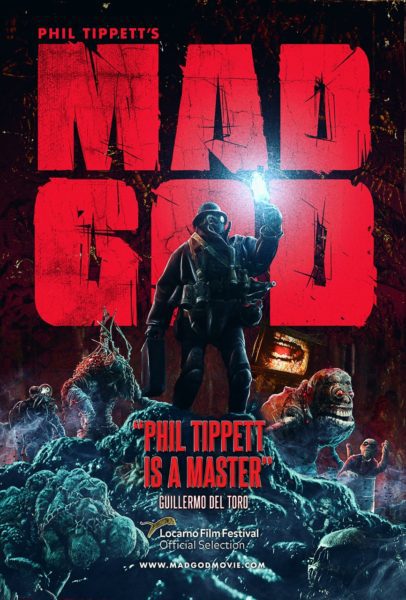
Thank you, Phil, for taking the time to speak with us. Mad God is currently on its festival run, but definitely add this to your ‘Must watch list.’
 PopHorror Let's Get Scared
PopHorror Let's Get Scared
